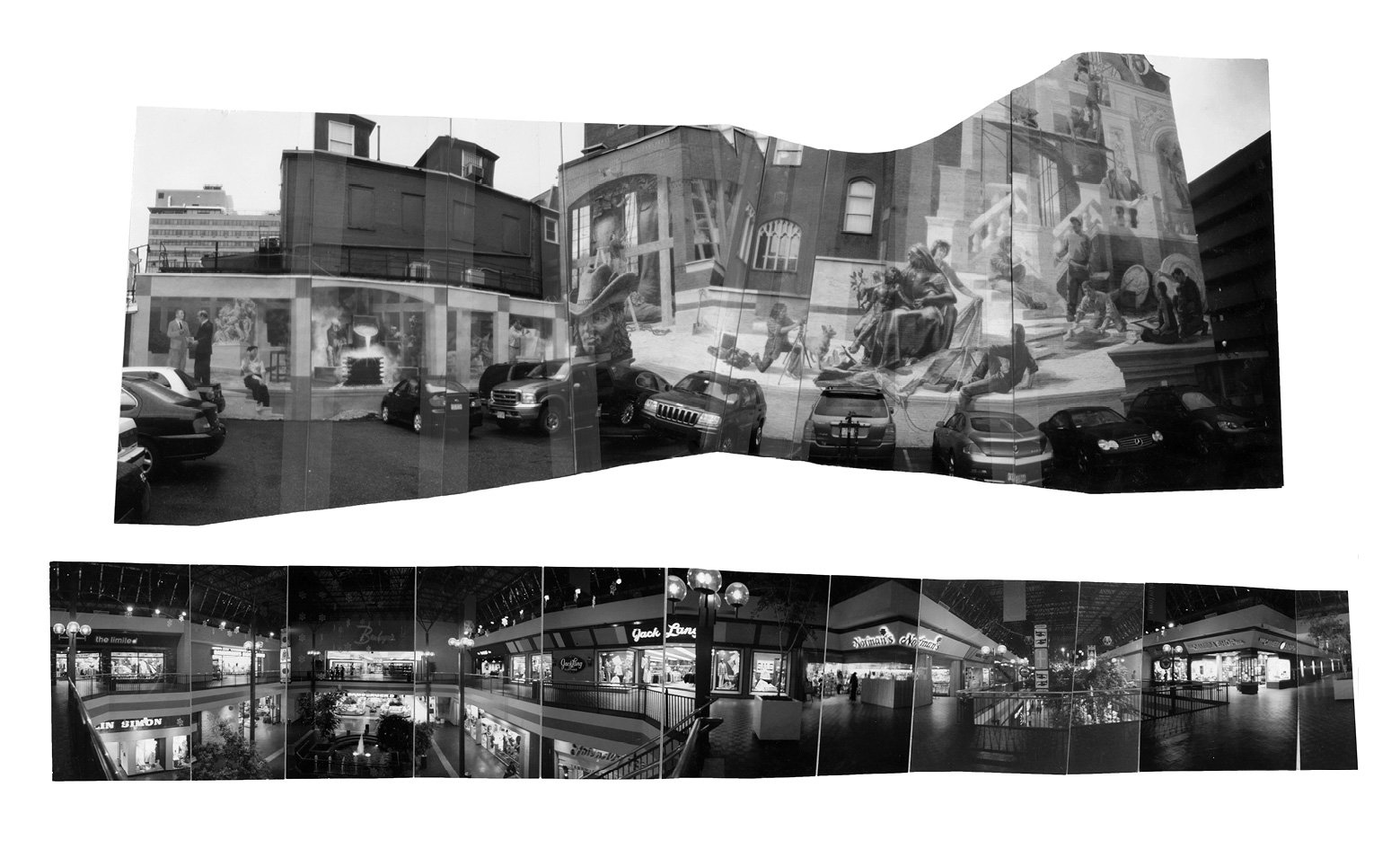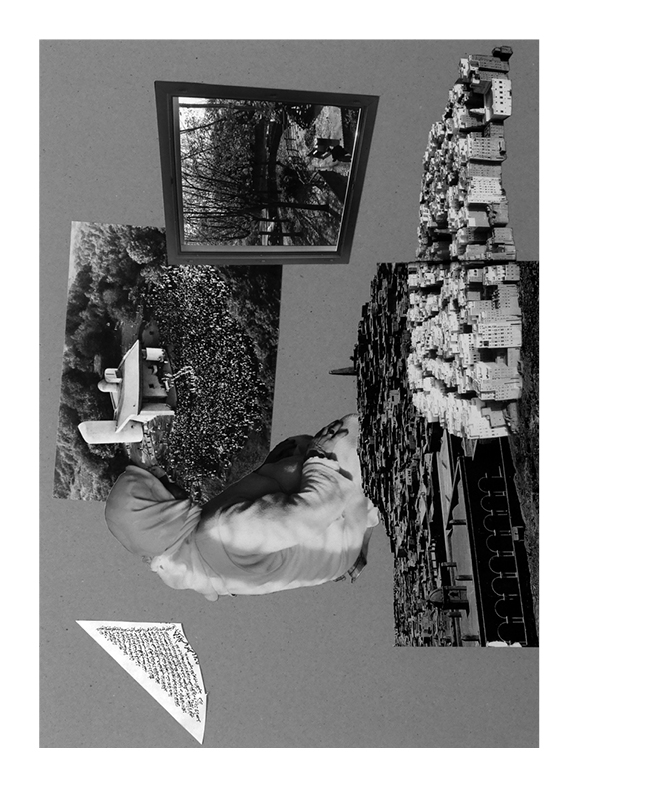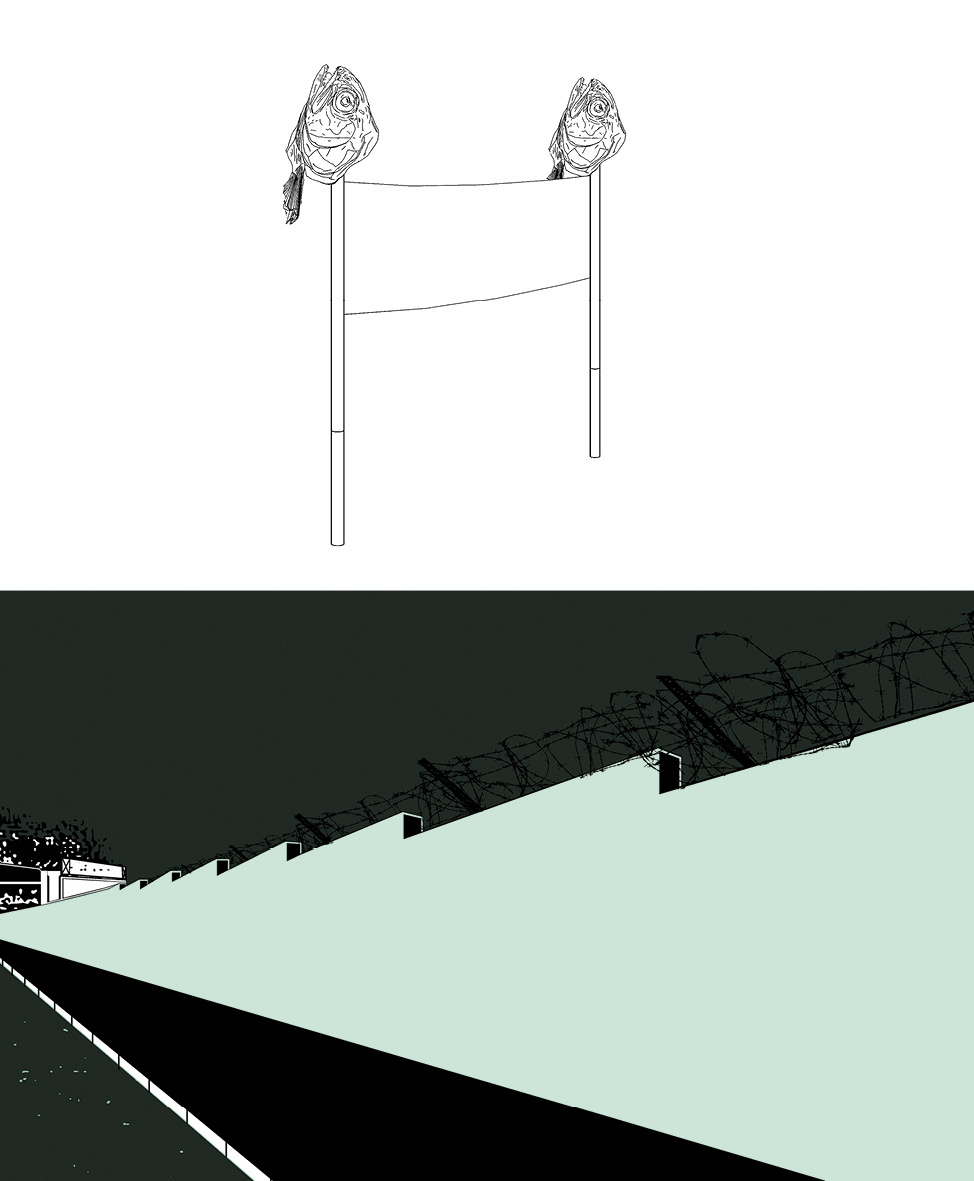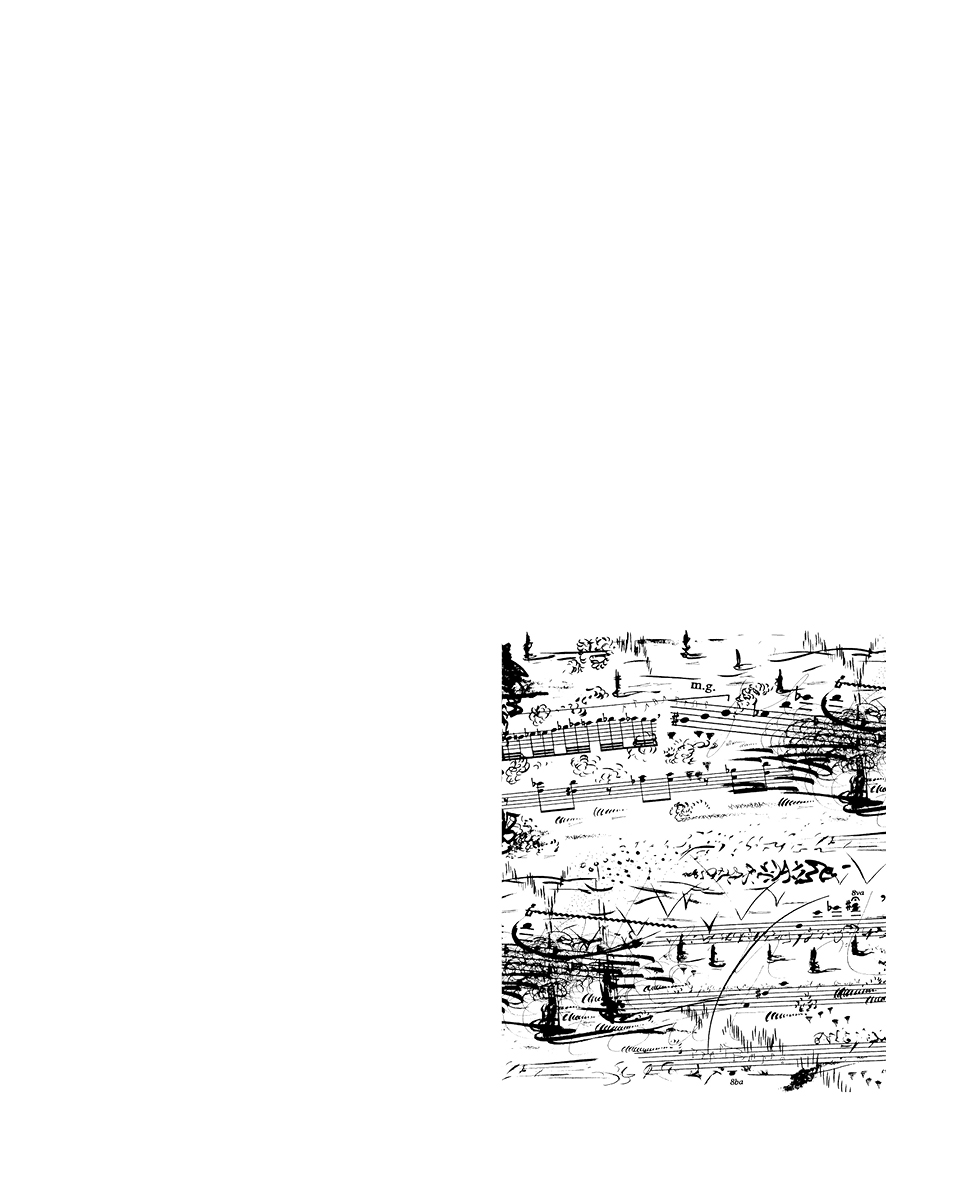Si l’agir « dans la nature » et « par la nature » a longtemps été le paradigme permettant l’évolution de l’intelligence sur terre, le paradigme de la modernité a introduit des processus de développement exponentiels, incontrôlés et dévastateurs, modifiant radicalement la relation circulaire, utile et pédagogique, installée entre l’être humain, les objets et la nature. L’article entend interroger l’expression artistique et la conception contemporaines pour comprendre si, et de quelle manière, une pensée écologique pourrait charger les objets de sens, afin de rétablir la relation compromise entre les humains et les non-humains.
Ecodesign
Processes and hypotheses
If the act “in nature” and “by nature” has been the paradigm allowing the evolution of intelligence on Earth, the paradigm of modernity has introduced exponential development processes, uncontrolled and devastating – radically changing the circular, useful and educational relationship between human beings, objects and nature. The article aims to examine artistic expression and contemporary design in order to understand whether and how ecological thinking may give objects meaning, thus reconciling the compromised relationship between being and nature.






